THERMAL POWER ENGINEERING LABORATORY
This is the branch of heat engineering that deals with the conversion of heat into other forms of energy, mainly mechanical and electric. Mechanical energy is generated from heat in heat engines, which power, for example, machine tools, , and conveyor the mechanical energy from heat engines also drives certain types of electric generators.
The devices in which heat is converted into electric power without the use of an electric generator are known as direct-power generators. Such devices include magneto hydrodynamic generators, thermo electric generators, and thermionic power generators. The conversion of heat into mechanical energy in heat engines is based on the ability of a gaseous or vaporous substance to performmechanical work during a change in volume. The working substance (gas or vapor) must complete a closed sequence of thermodynamic processes.
Objective:
Thermal engineering is a branch of science that covers energy conversion from one form to another, working of IC engines, modes of Heat transfer, principles of refrigeration and air conditioning etc. The field of thermal engineering includes a lot of applications that can be classified as the combination of thermodynamics and heat transfer, such as IC engines, air conditioning and refrigeration systems.
The objective of this laboratory is to provide the student a good environment to understand some very important concepts and applications in the field of IC engines and refrigeration. These concepts are necessary to understand how the typical thermal devices work (refrigerators, air conditioning devices, car engines or steam engines).
These fundamentals will be used to link the phenomenological processes taking place in the engine for issues of: power generation, emissions and environmental impact, fuel economy and fuel composition effects on engine operation and mechanical limitations of obtaining ideal performance. This laboratory is also actively involved in advanced research in enhanced heat transfer, solar energy, heat pipes and thermoelectric cooling of high heat flux electronic devices.
List of Major Experiments:
- Determination of calorific value of a fuel by Bomb calorimeter.
- Flue gas analysis by ORSAT apparatus.
- Study of valve timing diagram of Diesel Engine.
- Performance Test of a multi cylinder Petrol Engine by Morse method.
- Performance Text of an I.C. Engine using electric (eddy current) dynamometer.
- Use of catalylitic converters and its effect on flue gas of an I.C. Engine.
- Study of MPFI (multipoint fuel injection system).
Major Equipments:
BOMB CALORIMETER
FLASH POINT AND FIRE POINT APPARATUS
4 STROKE PETROL ENGINE
4-STROKE DIESEL ENGINE
CUT MODELS

